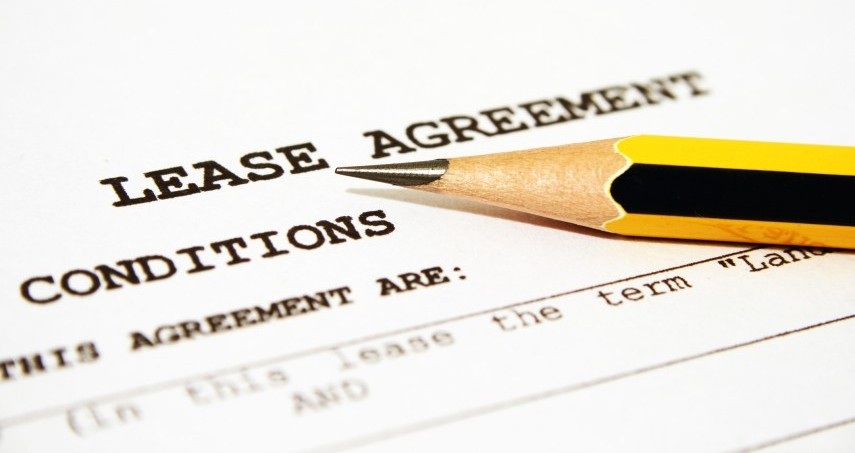
A landlord is a person who deals with tenants every day. Every landlord wants good tenants for their property. A good tenant can benefit them in many ways. One of the most apparent benefits is that the landlord will not have to get new tenants and be worried about their activities in the apartment. If a tenant causes trouble or doesn’t pay, a landlord may want the tenant gone. To get him out, the landlord has to provide an Eviction Notice to the tenant.
Before the tenant moves in, the landlord should issue a lease that will state the exact terms and conditions for renting the apartment to the tenant. These leases have a specific date and time for the beginning of the rental period and also have a specified date and time for expiration. There are a few reasons why a landlord should have a lease.
As a landlord, if you find the benefits in your tenant that we list below, then you should think twice before evicting them. Consider renewing their lease when it ends because it will be beneficial for you.
- You found the tenant within a few hours of your rent post
- The tenant pays rent on time and never delays the payment
- The tenant never complains about anything
- Or he has been staying at the property for years with no problems
It might not always be possible to find these qualities in tenants, but having a tenant to renew their lease is a bonus.
Avoid Finding a New Tenant for the Property
As a landlord, you cannot leave your property vacant if you want to make money on it. You have to find an appropriate tenant for it, and finding a new tenant to fill the vacancy is a time-consuming process. However, if you can get your current tenant to renew their lease, then you could avoid this bothersome task. It will save you the trouble of advertising, interviewing, and vetting new prospects. You will have to:
- Post ads for a new tenant
- Show the property to the prospective tenants
- Screen the prospective tenants from the list
- Sign a new lease agreement
- Collect their rent and other money
Avoid Vacancy of your Property at Any Cost
A vacant property not only consumes precious time to find and interview prospective tenants, but it also costs money. These costs could be from lost income if the property is vacant and also marketing costs and background checks.
Holding Costs
The holding costs for the vacant property could include the rent for each month that is lost because the property is vacant. You still have to pay your utility bills, mortgage, insurance, and property taxes for the vacant property.
Marketing Costs
The marketing costs for the property may include the cost that you pay to hire a real estate agent to find a tenant for your vacant property or the money you spend on online ad placement or the money for the print media ad.
Avoid Apartment Turnover
Apartment turnover is also a bothersome task. If you renew the lease of your old tenant, then you can avoid apartment turnover. If your property becomes vacant, then you have to put it on the market. To impress the prospective tenants, you may even have to renovate your property. However, if your old tenant decides to stay, then you would not have to go through all this trouble. You just have to maintain the routine repairs and maintenance.
You can Increase the Rent Upon the Lease Renewal
According to many states’ laws, you cannot raise the rent of your property without renewing the lease. After the tenant’s lease is up for renewal, then you can increase the monthly rent for the property. There are specific rules related to landlords and tenants in every state. You have to check your state law before taking action because there could be a rule in your state that limits how much rent you can increase rent at a time. Usually, you have to notify the tenant at least 30 to 60 days before increasing the rent. As long as your tenant agrees to the new terms and conditions of the new lease and signs it, you can increase the amount of rent each month.




